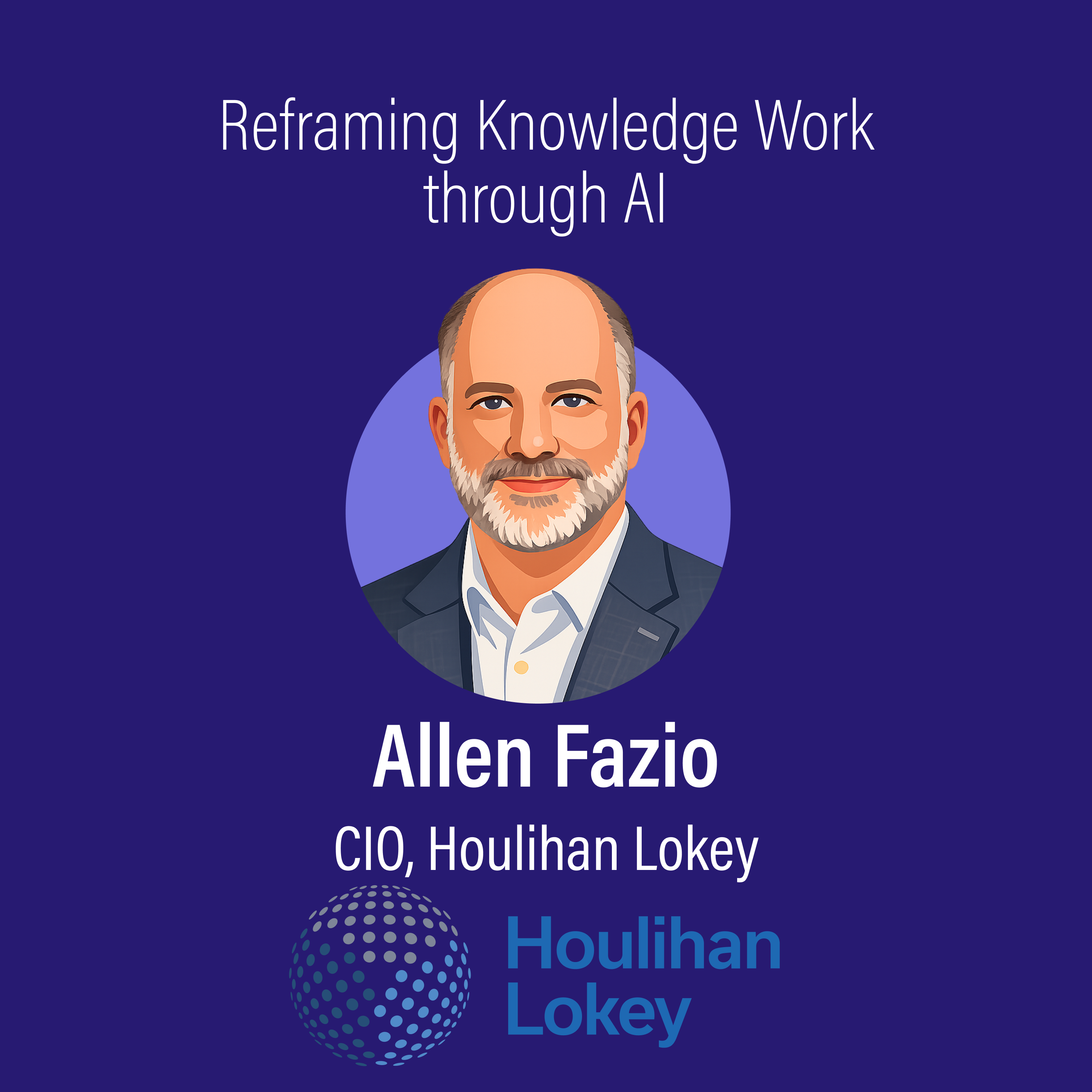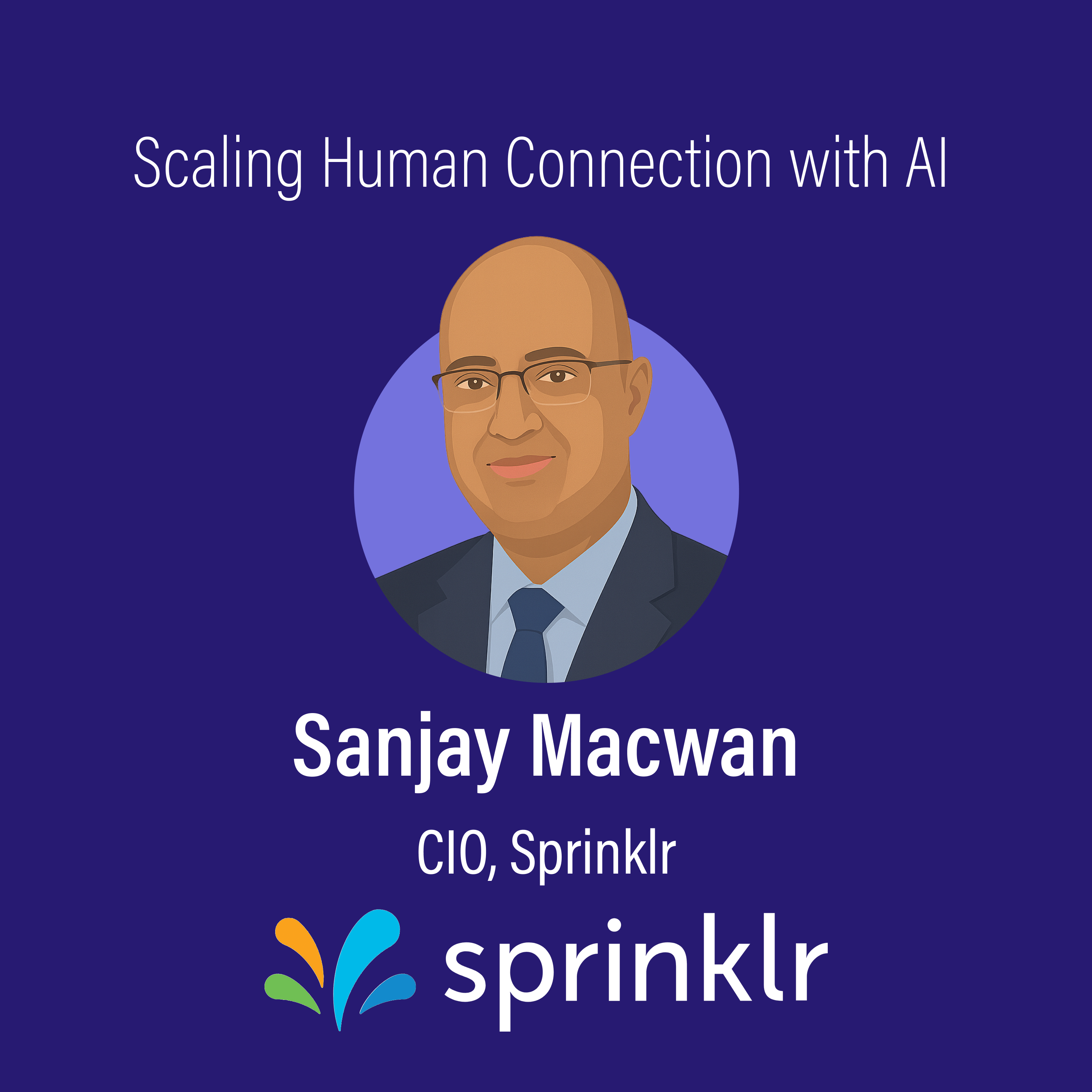Orchestrating the Global Warehouse through AI
On the 56th episode of Enterprise AI Innovators, host Evan Reiser (Abnormal AI) welcomes Sally Miller, Global Chief Information Officer at DHL Supply Chain. With operations spanning more than 2,500 sites and ambitions to double in size by 2030, DHL Supply Chain sits at the logistical heart of global commerce. Miller is at the forefront of its AI transformation.
For decades, supply chain IT focused on uptime, KPIs, and incremental improvements. Today, Miller’s team is building a new class of intelligent logistics where robotics, AI, and advanced orchestration redefine both efficiency and employee experience. “The role of the CIO has shifted. It is less about systems being up and more about how we innovate to support both operators and customers,” she said.
Miller outlines a triad of technologies that are reshaping DHL's operations: robotics, machine learning, and generative AI. With more than 8,000 robots already deployed, DHL’s facilities blend human and machine collaboration. Bots carry picked items across warehouse zones, while vision-enabled robots unload trailers in summer heat. These tools go beyond cost-cutting. They reduce physical strain, improve training time, and increase overall throughput.
AI is also transforming back-office work. Miller’s team has deployed autonomous agents to handle tasks like delivery scheduling and responding to associate claims. One major win was replacing a week’s worth of manual delivery appointment calls with AI agents that complete the job in just hours. “We have automated the work that some people call soul sucking. And we get the data faster, which means downstream processes are more efficient,” Miller said.
Some of the most human-centered innovations come from computer vision and multilingual interfaces. For example, DHL’s safety systems now monitor driver fatigue and phone usage in real time. When a driver looks away, the system alerts them, and they often respond with a thumbs-up. “It is a thank you,” Miller explained. “We are helping them stay safe.” In warehouses, bots display instructions in each associate’s native language, creating a more inclusive environment. “If you are an immigrant from Somalia working in Columbus, Ohio, seeing your language on a robot makes you feel at home,” she said.
Generative AI is already producing measurable business value. DHL has made early investments in leading vendors and is now automating customer-facing workflows, including invoice verification, shipment tracking, and service responses, across multiple time zones. “These tools do not take weeks to implement. It is days. That is a game changer,” Miller added.
Looking ahead, Miller compares AI’s impact on the white-collar workforce to what robotics did for blue-collar jobs. “It is going to change the way people work, much like the introduction of the personal computer,” she said. Her mission is to help DHL scale rapidly, stay resilient, and lead with purpose. What keeps her motivated? “I love a challenge. I love being competitive. And this is a fun time to be in IT and supply chain.”
Listen to Sally’s episode here and read the transcript here.





